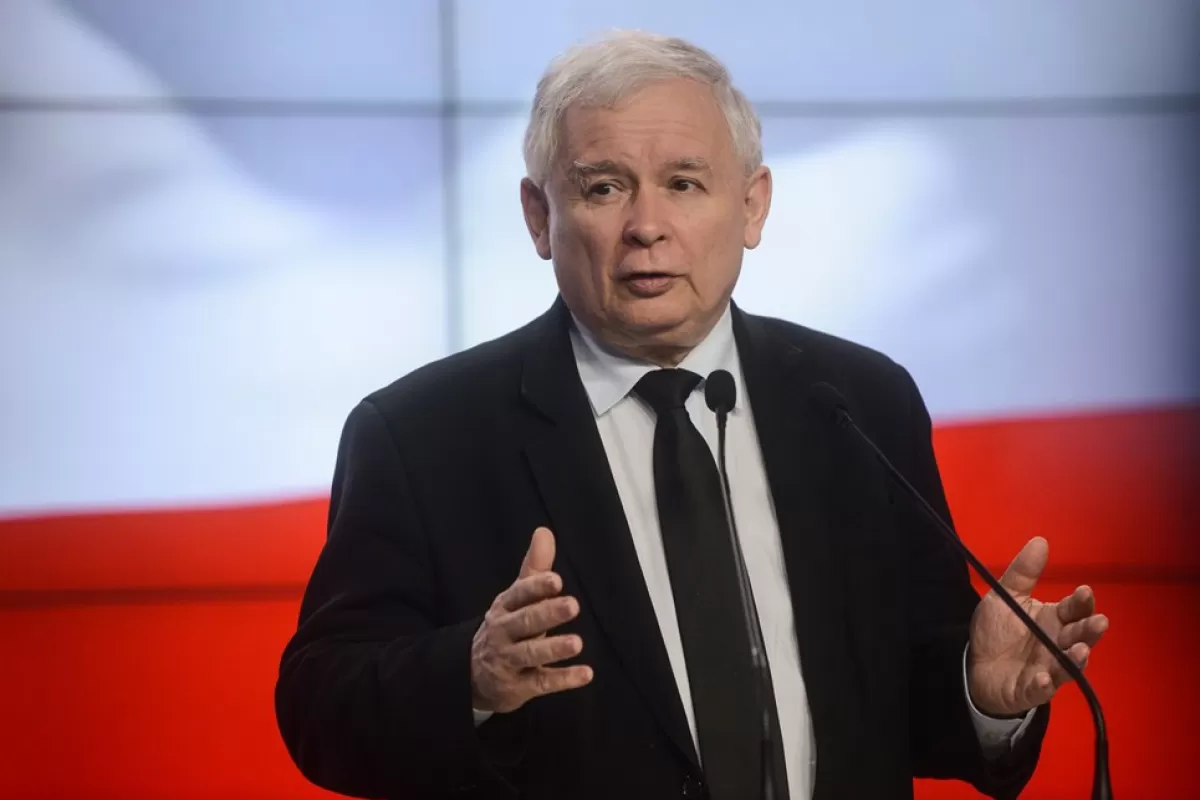
Karol Nawrocki victory in Poland’s presidential election is a coup for PiS leader, Jarosław Kaczyński. Nawrocki’s mission now would be to paralyze Donald Tusk’s pro-EU government.

Donald Trump's return to the White House has generated fears about his approach to Russia and the conflict in Ukraine, as well as the economic relationship with the European Union. Veridica’s team of contributors has analyzed how Trump’s return to power is seen in Brussels and in Russia's neighboring countries - some of them ex-Soviet or ex-communist states, most of them members of the EU or NATO or with Euro-Atlantic aspirations.

Many of the changes promised by Poland’s pro-EU reformists are still to be seen. Insted, prime-minister Donald Tusk has started to talk in terms that remind of the conservatives his coalition defeated.

During PiS’ years in power, public money were funneled to the party, the Church, and various far-right groups. Some of those that benefited were openely pro-Russian.

After years of conservative rule, most Poles voted for the opposition parties. The conservatives are nonetheless poised to remain influent through the public institutions they control.

Poland's conservative government is increasingly critical to Germany, by virtue of a "historical" conflict that is largely imaginary. Anti-German sentiments are sometimes mixed with anti-EU ones, and even Russia, Poland's traditional enemy, is viewed more leniently. Could this be a first sign that a Polexit is being prepared?

Protests by women and youth in Poland have been going on for three months now. At that time, the police intensified their actions against the demonstrators, sending to the streets uniformed officers who fight the most dangerous criminals in the country. The government, on the other hand, prepared a law forcing demonstrators to accept criminal fines. Effects: broken hands and legs, unlawful arrests, overburdened, ineffective courts and even greater rage in society.